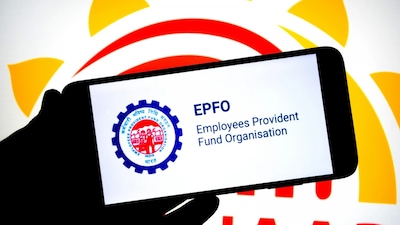PF Balance: Here’s Why Checking Your EPF Regularly Is Crucial for Every Salaried Employee

PF Balance: Here’s Why Checking Your EPF Regularly Is Crucial for Every Salaried Employee
From EPFO website to SMS and UMANG app — know how to check your PF balance with or without UAN
Employees’ Provident Fund (EPF) is one of the most important financial safety nets for salaried workers in India. Every month, both the employee and the employer contribute 12% of the basic salary towards this fund, which continues to grow with interest. Keeping track of your PF balance is essential for financial planning, retirement preparation, and ensuring timely employer contributions.
You can check your EPF balance easily through multiple online and offline methods. On the EPFO website (https://www.epfindia.gov.in), visit the ‘Our Services’ section, select ‘For Employees’ and then ‘Member Passbook’. Log in using your UAN (Universal Account Number) and password to view your balance. Ensure your UAN is activated beforehand.
If the website isn’t working, you can use offline options:
- SMS: Send “EPFOHO UAN ENG” to 7738299899 from your registered mobile number. Replace “ENG” with the first three letters of your preferred language (e.g., HIN for Hindi).
- Missed Call: Give a missed call to 011-22901406 from your registered number to receive your balance details instantly.
- UMANG App: Download the UMANG mobile app, go to the EPFO section, and log in using your UAN and OTP to access your passbook and balance details.
Even without a UAN, you can request your PF statement from your company’s HR or finance department, as employers have access to the EPFO portal.
Before checking your balance, make sure your UAN is linked to Aadhaar, PAN, and bank accounts. Updated KYC details are necessary to receive information through SMS or calls. If your registered mobile number changes, update it through your employer.
Regularly verifying your PF balance helps detect any delay or discrepancy in employer contributions early. It also keeps you informed about your savings growth and interest credits — making it a smart habit for long-term financial health.












